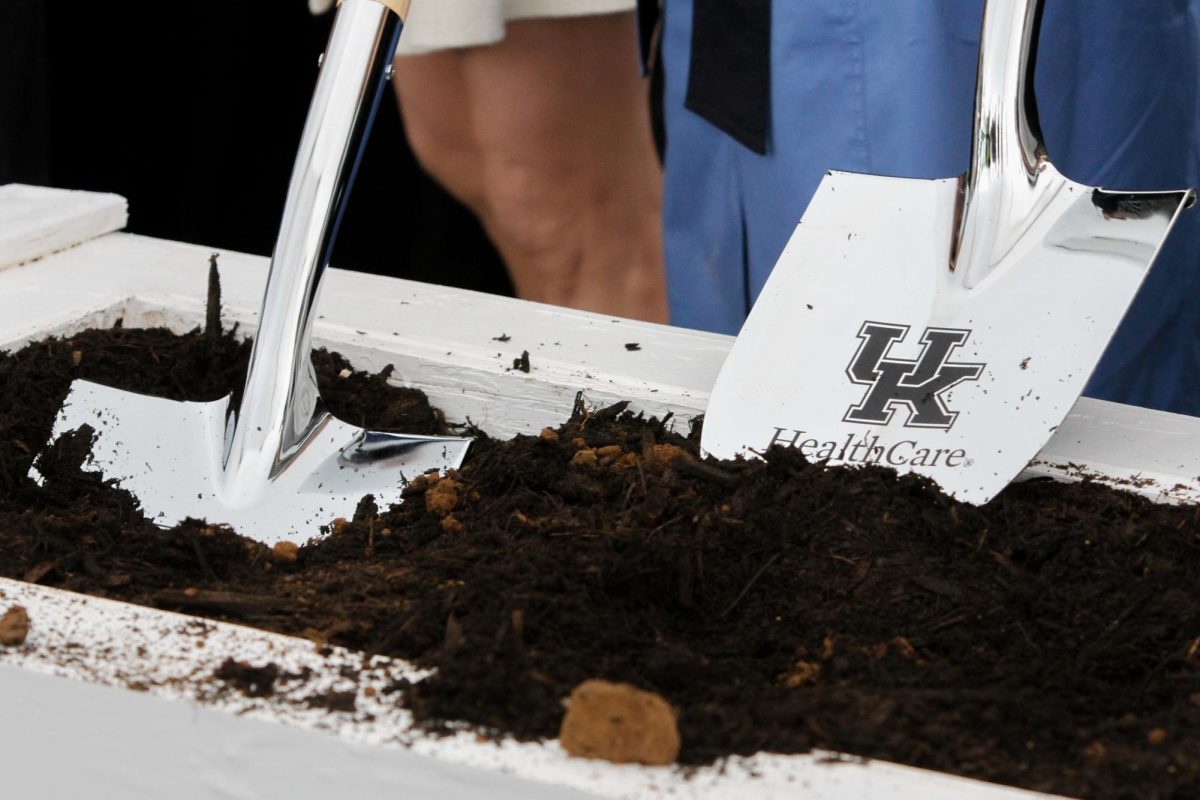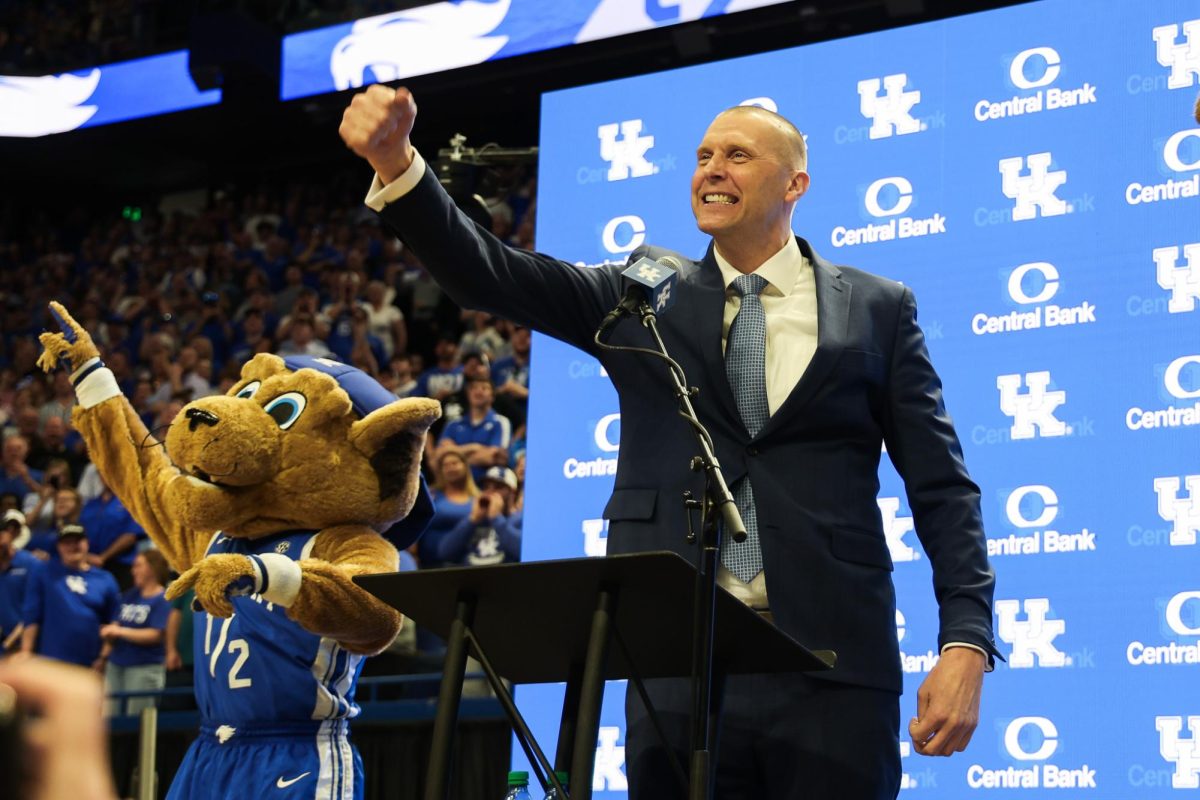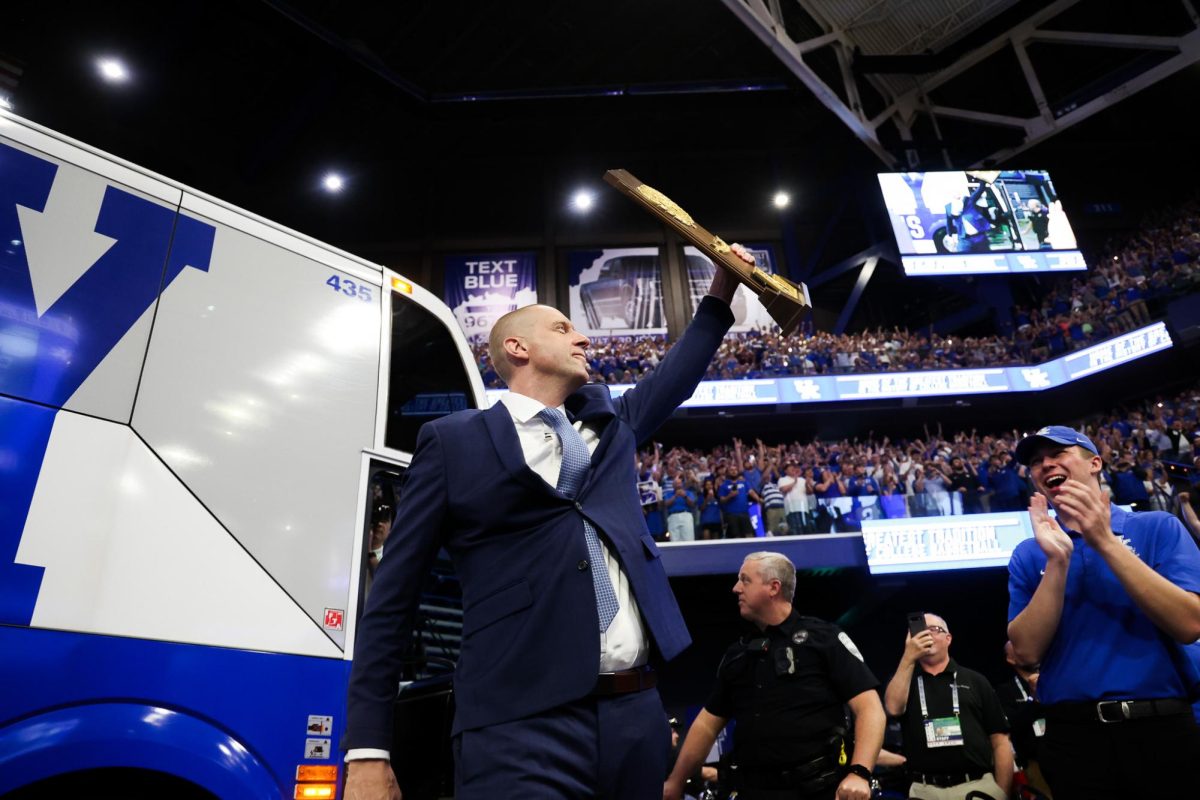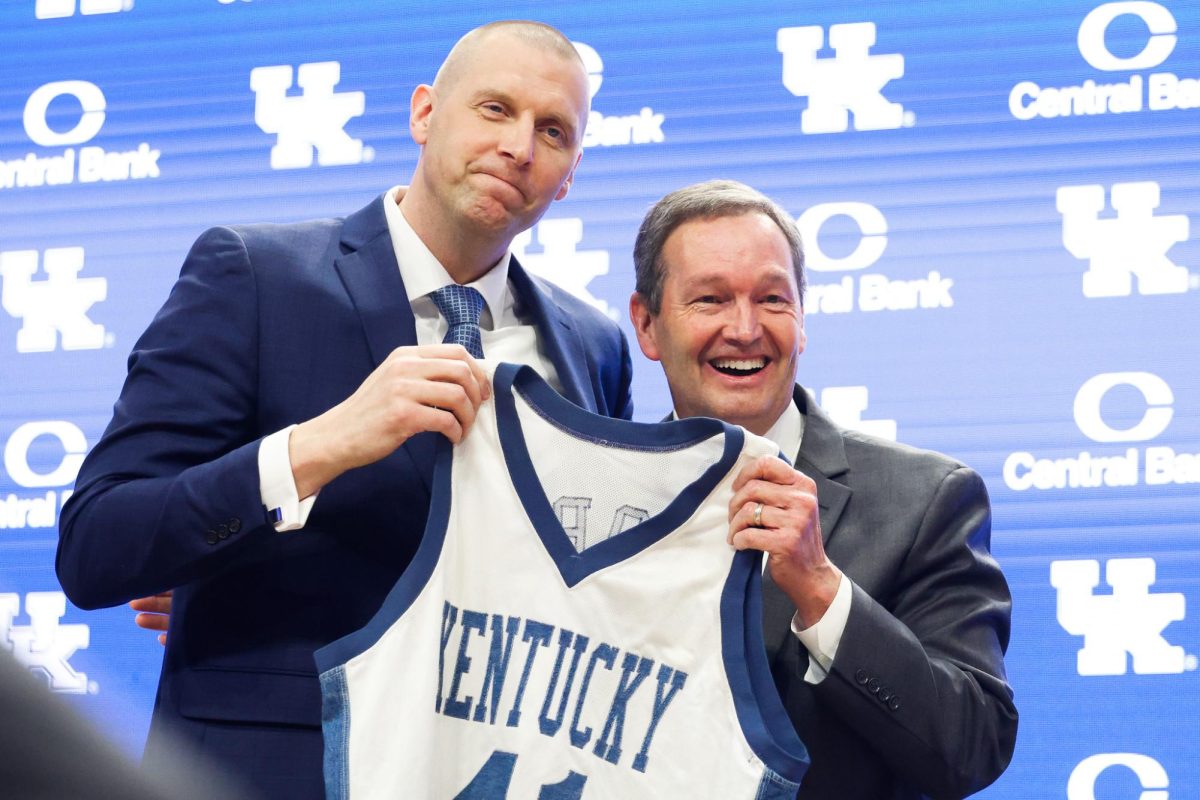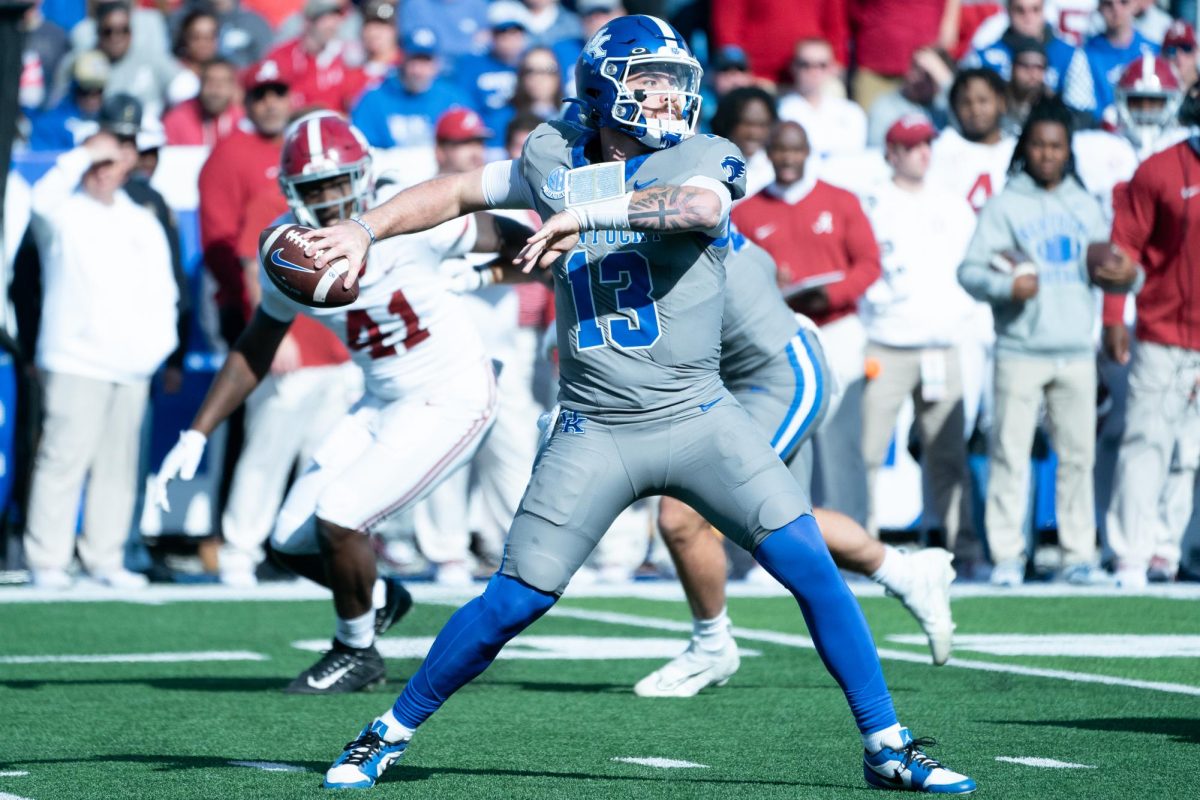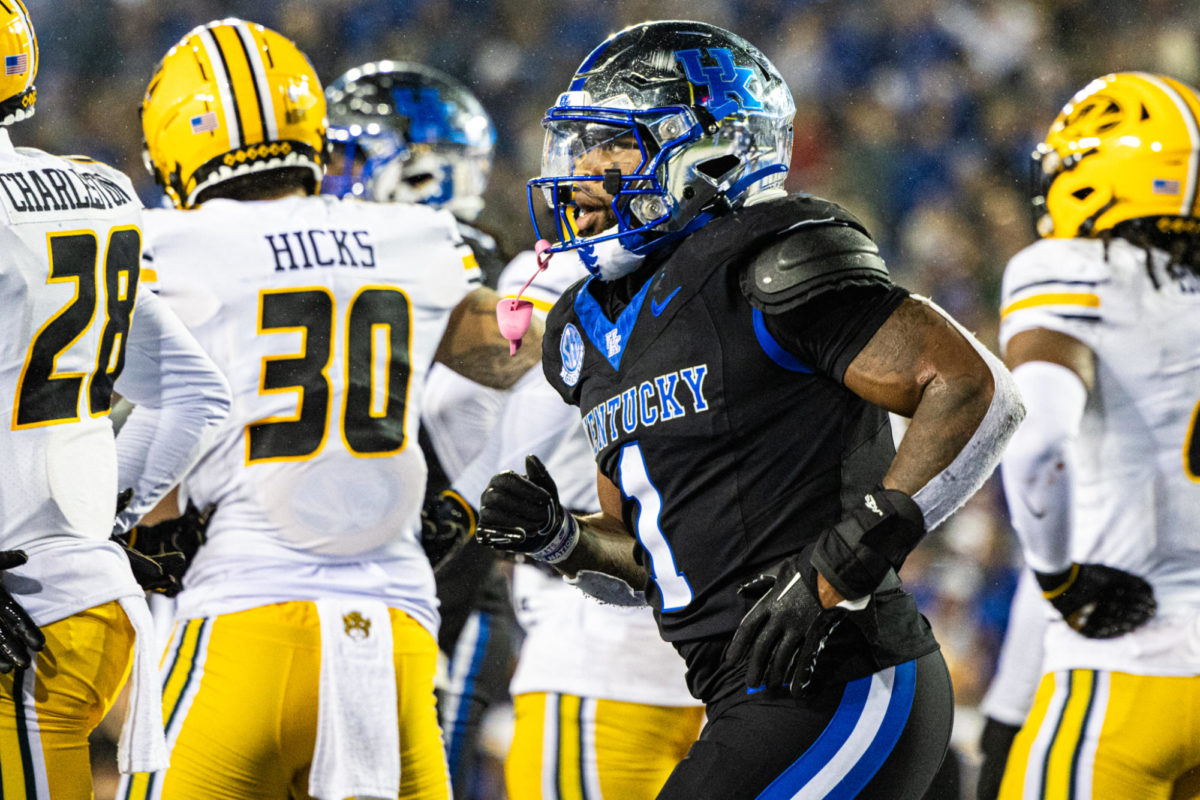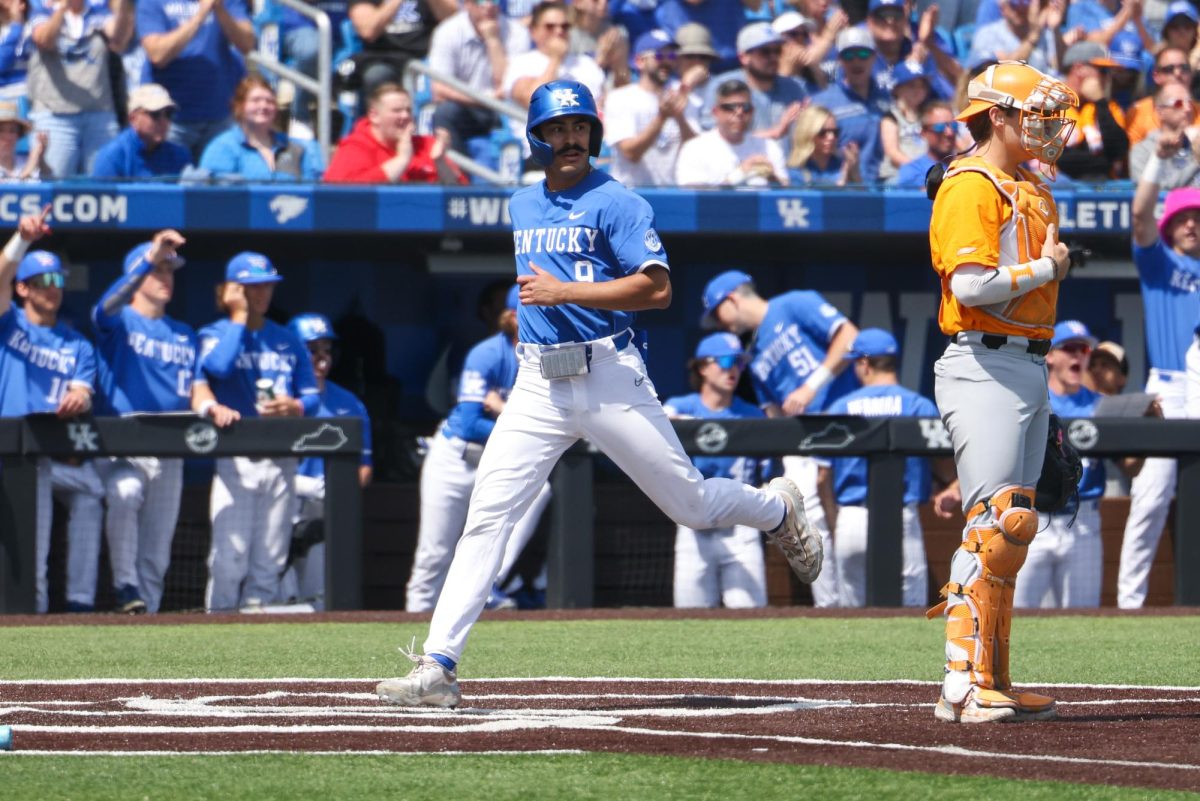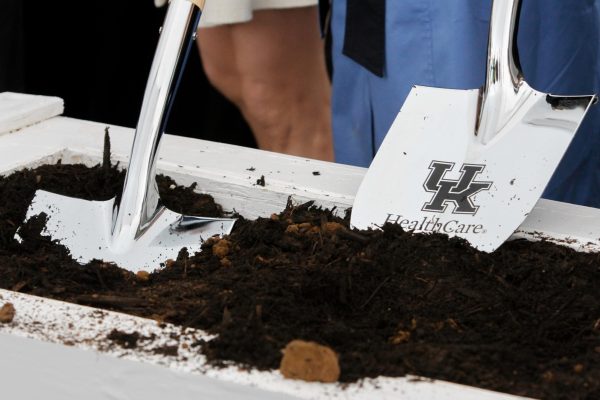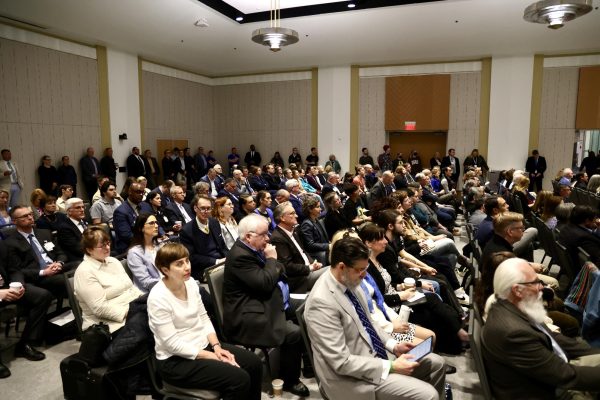Board approves $2.2 billion budget
June 19, 2008
Despite a 6 percent cut in state funding, the UK Board of Trustees passed an operating budget of $2.2 billion at Tuesday’s meeting, which is up from last year’s $2.09 billion operating budget and double UK’s budget from 10 years ago.
As the operating budget for UK has increased over the years, so have student tuition and fees. However, when the Kentucky General Assembly announced in April that it would cut its higher education funding by 6 percent, UK President Lee Todd decided to raise tuition by 9 percent, which is the cap on tuition increase that the Kentucky Council on Postsecondary Education set on Nov. 27, 2006, and the same increase that UK students saw last year. Tuition and fees will account for 11.6 percent of this year’s operating budget. UK would try to meet its operating budget in other ways, Todd said in April. The first way was to freeze raises for faculty and staff during the upcoming academic year.
After announcing that to the UK community in a campus-wide e-mail, Todd attended a performance by the UK orchestra. He explained Tuesday that as he watched Orchestra Director John Nardolillo walk out on stage, he thought to himself, “I can’t give him a raise this year. Our College of Music is on fire and we’re in a state that desperately needs the arts, (and he could leave UK to take a better offer somewhere else).â€
Looking back at those decisions, Todd said Tuesday that he was angry about the situation he was faced with, but knew the university had to deal with it.
Since then the university has eliminated 188 faculty and staff positions to further cut costs, according the budget report. All but 15 staff positions were already vacant.
As students, and faculty and staff make sacrifices, Todd said he is determined to reward those sacrifices and continue the university’s efforts to become a top-20 school.
He pointed out that Kentucky has the worst health care in the nation and that the economy does not reflect where this state needs to be.
“Those are the things that keep you going, that make you think it’s worth it to keep asking for money,†he said. “We need the state to realize that the research universities are really doing work for the state.â€
The state will provide 14.6 percent of UK’s funds, leaving UK to cover the rest of its operating costs from other sources. During the last 10 years, the state’s contribution to UK’s budget has dropped from 27.4 percent in 1998-99, when it was the highest source of funding, according to a UK press release.
Now state funding follows behind UK HealthCare, which will provide 34.2 percent of the budget, and affiliated corporations, which will contribute with 16 percent. Gifts, grants and contracts will cover 10.3 percent and 13.2 percent will come from other sources, according to the operating and capital budget report by the board’s finance committee.
The need to increase the operating budget can be attributed to research projects, hospital revenue growth and an increased payroll, said trustee Steve Branscum. The capital projects that the budget will fund during the upcoming academic year are the construction of a biological pharmaceutical complex, at $132.8 million, and a patient care facility, at $450 million, and to upgrade the livestock disease diagnostic center at $28.5 million, according to the report. Each of those projects will be covered by state funds.



